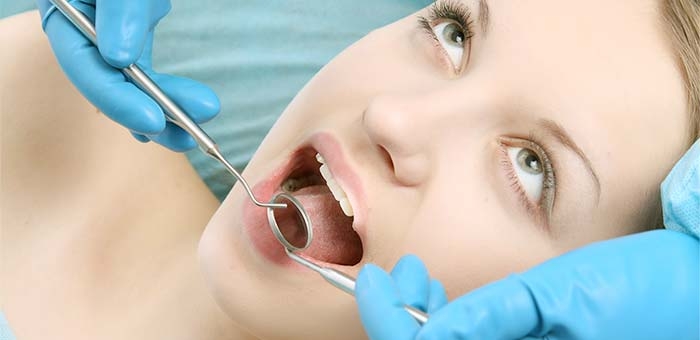Have you ever had a dental filling? Most of us have. In fact, the average American has had three. Unfortunately, most of those Americans assume that because a doctor was putting it in your mouth, it was safe. But, as you may already know, that’s not the case. And if you have more than eight fillings, you need to pay careful attention to this information.
Most fillings are made of a mixture called “dental amalgam.” That’s a vague term, but it’s a lot less scary-sounding than “a mixture of mercury, silver, tin, and other metals.” If you’re a seafood lover, you likely know that you need to choose the types of fish and the frequency with which you consume them wisely to avoid excess mercury consumption.
People have been concerned about mercury in fillings for years. But previous studies were always limited and inconsistent. So we never had a firm answer from the medical journals. But integrative physicians have known about problems with mercury fillings for years. The more time that passes, the better the research gets. Take for instance a new study in which researchers at the University of Georgia’s College of Public Health examined data from almost 15,000 people. They controlled for age, education, ethnicity, race, gender, smoking, and seafood consumption.
They found that dental fillings can increase exposure to the most toxic form of mercury, methyl mercury, to dangerous levels. This was particularly true in people with more than eight fillings. These risks are increased for people who compound their exposure to mercury through their work or by eating seafood. In fact, people with this many fillings had 150% more mercury in their blood than those with no fillings.
This study suggests that if you have only a few fillings, you’re probably okay. That’s not true. Even one filling can cause you to ingest more than the safe limit of mercury. And it can cause many health problems. If you do have fillings, find a biological dentist who can help you determine if you need to have them removed. Mercury-free dental composite resin may be a better alternative, although researchers are still investigating whether this material releases harmful levels of BPA.





